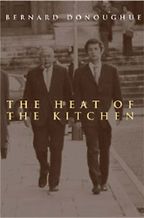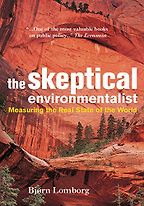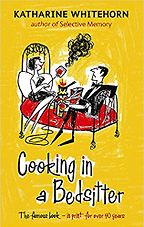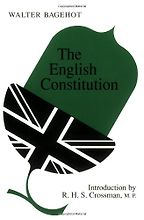Tell me about your book selections.
I have spent most of my adult life in or hanging around British politics, so perhaps it is natural to start with the two books that, to me, best reflect what political life is like. Both, it is true, are from a few years back. They thus perhaps understate one of the dominant factors of modern politics – the ubiquitous power of the media – and overstate the importance of Westminster life. But great books contain eternal truths as well as transient ones and both pass that test. Tony Crosland, a portrait of my former boss by his wife Susan Crosland, was hugely acclaimed when it came out, and as the modern generation stumbles across it, it acclaims once more.
For this blends the personal side of politics with the policy. Susan Crosland was the first and amongst the best of the modern school of profile writers, and what this lacks in objectivity it gains in sheer acuity of observation. Tony Crosland (protégé of Hugh Gaitskell, Labour politician and author between 1950 and his death in 1977) is perhaps too much of a personality to prosper in the anally-retentive political world of today, where to give free expression to one’s character is to bleed in front of the sharks. Still, a few manage to be both politicians and themselves even today – Peter Mandelson springs to mind. And this book might encourage more to do the same.
Your next book?
Well, Bernard Donoughue’s The Heat of the Kitchen, an autobiography by a former policy adviser to Prime Ministers Harold Wilson and James Callaghan (in the 1970s) complements Crosland. Lord Donoughue combines a brilliant mind with strong emotion and beliefs. Reading the extraordinary story of his rise from nowhere provides an insight into the latter which is more important with politicians than you think. If he was not an Irish Catholic, he would be a very different man! It also demonstrates the strengths and weaknesses of those who reach the top – even the very top – of politics. Donoughue, like Crosland, writes like a dream.
Five Books interviews are expensive to produce. If you're enjoying this interview, please support us by donating a small amount.
Tell me about The Skeptical Environmentalist by Bjørn Lomborg.
This is for those more interested in politics than politicians. Environmentalists hate Lomborg, who dares to questions their all-or-nothing ideology. Economists on the other hand love him, since he (unlike most environmentalists) understands that environmental decisions can involve costs as well as benefits. For example, take Lomborg’s position on global warming. It probably is happening, he concludes, but we would do far better to spend the money that it would take to stop it on a more manageable and more damaging problem – for example, the shortage of accessible water in developing countries. I am afraid that the extreme environmentalists are now near unstoppable – the fact that the obscene phrase ‘climate change denier’ is now regularly used of anyone who questions the reality of climate change suggests that. But when they reduce the world, and particularly the poor within it to a state of stasis and misery, Lomborg will again come into his own.
On to Katharine Whitehorn
None of these books competes however as the most influential in my life. One that does is Katharine Whitehorn’s Cooking in a Bedsitter. Sent at the age of 18 to teach English to newly arrived immigrants in Bradford, this was the book that accompanied me into my bedsit – basin, gas ring, tiny fridge. Not all the recipes are good but they kept me alive. Meanwhile, the advice – how a well-regulated household would recognise that socks hanging on the doorknob intimated that sexual relations were in progress within – went far beyond cooking. It was not just a textbook of recipes but a recipe book for life.
Get the weekly Five Books newsletter
Walter Bagehot next.
Before I went into the House of Lords, I used to write ‘Bagehot’, The Economist’s weekly column on British politics. I am therefore biased when I recommend, as the finest book on the subject ever written, The English Constitution by Walter Bagehot, a Victorian editor of the magazine. Of course, it is a bit quaint now from the title on: if you talked of the English constitution in Glasgow or Cardiff you would be strung from a lamp-post. But though the subject has moved on, some of Walter’s concepts are eternally useful. The ‘dignified’ bit of the constitution then referred to the monarchy and the ‘efficient’ bit to parliament. Today it is parliament that is largely dignified, the efficient bit being the leader columns of The Sun and the Daily Mail. What, however, has not dated at all is the style and the verve: a great journalist in action as well as a great brain and today insufficiently read.
October 26, 2009. Updated: January 16, 2023
Five Books aims to keep its book recommendations and interviews up to date. If you are the interviewee and would like to update your choice of books (or even just what you say about them) please email us at [email protected]










